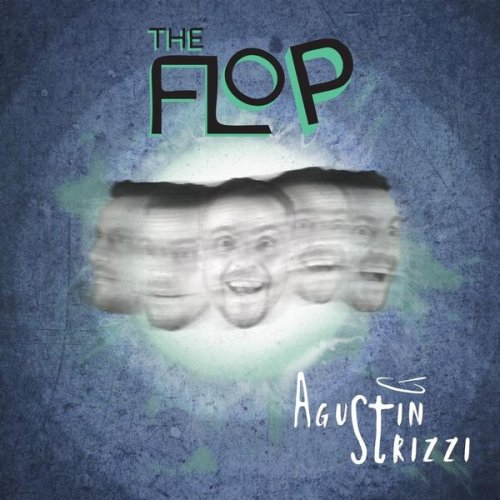Edita Gruberova, Delores Ziegler, Friedrich Haider - Donizetti: Roberto Devereux (1995)
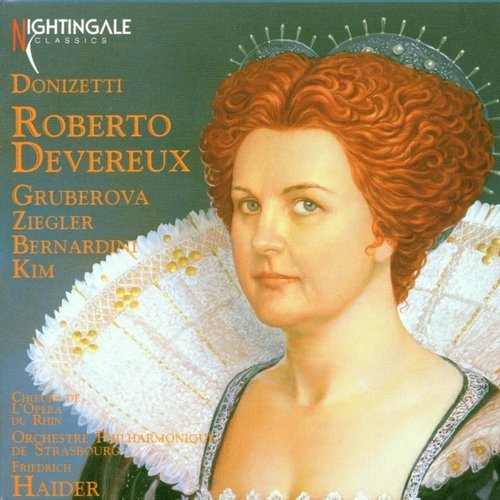
Artist: Edita Gruberova, Delores Ziegler, Friedrich Haider
Title: Donizetti: Roberto Devereux
Year Of Release: 1995
Label: Nightingale
Genre: Classical, Opera
Quality: FLAC (image+.cue,log,scans)
Total Time: 02:09:45
Total Size: 526 Mb
WebSite: Album Preview
Tracklist: Title: Donizetti: Roberto Devereux
Year Of Release: 1995
Label: Nightingale
Genre: Classical, Opera
Quality: FLAC (image+.cue,log,scans)
Total Time: 02:09:45
Total Size: 526 Mb
WebSite: Album Preview
CD 1:
1. Sinfonia
2. 'Geme!...Pallor Funereo'
3. Romanza: 'All'afflitto E Dolce Il Pianto...'
4. 'Duchessa...Alle Fervide Preci'
5. Cavatina: 'L'amor Suo Mi Fe' Beata,'
6. 'Nunzio Son Del Parlamento'/Scene 4: 'Al Regio Piede'
7. Aria: 'Ah! Ritorna Qual Ti Spero,'
8. Gran Scena E Duetto: 'Donna Reale, A' Piedi Tuoi...'
9. 'Un Tenero Core - Mi Rese Felice, '
10. 'Un Lampo, Un Lampo Orribile...'
11. 'Roberto!...
12. Cavatina: 'Forse In Quel Cor Sensibile...'
13. 'Duca, Vieni: A Conferenza'
14. 'Qui Ribelle Ognun Ti Chiama,...'
15. 'Tutto E Silenzio!...'/Scene 9: 'Una Volta, O Crudel,...'
16. Duetto: 'Da Che Tornasti,...'
17. 'Questo Addio, Fatale, Estremo...'
CD 2:
1. Intro: 'L'ore Trascorrono,...'
2. 'Ebben?'/ 'Regina...'
3. Duettino: 'Non Venni Mai Si Mesto...'
4. 'Su Lui Non Piombi Il Fulmine...'
5. Terzetto: 'Ecco L'indegno!...'
6. 'Scellerato!...'/Scene 6: 'Tutti Udite...!'
7. Va, La Morte ...'
8. 'Ne Riede Ancora Il Mio Consorte!...'/Scene 2: 'Duchessa!...'/Scene 3: 'Il Duca...
9. 'Non Sai Che Un Nume Vindice...'
10. 'All'ambascia Ond'io Mi Struggo...'
11. 'Ed Anco La Tremenda Porta...'
12. 'A Te Diro,.../'Come Uno Spirto Angelico...'/Scene 5: 'Vieni, O Conte.'
13. 'Bagnato Il Sen Di Lagrime,...'
14. 'E Sara In Questi Orribili Momenti...'
15. Aria Finale: 'Vivi, Ingrato, A Lei D'accanto...'
16. 'Che M'apporti?'/Scene 8: 'Questa Gemma D'onde Avesti?'/Last Scene: 'Egli E...
17. 'Quel Sangue Versato...'
Performers:
Elizabetta - Edita Gruberova
Sara - Delores Ziegler
Roberto - Don Bernadini
Nottingham - Ettore Kim
Lord Cecil - Benoit Boutet
Sir Gualtiero Raleif - Merih Kazbek
Un Paggio - Francois Richert
Orchestre Philharmonique de Strasbourg
Choeurs de'l Opera du Rhin
Conductor - Friedrich Haider
Roberto Devereux stands as one of Donizetti's greatest achievements in dramatic opera, the other two being Lucrezia Borgia and Lucia di Lammermoor (in my realm of judgment). Like most lovers of bel canto and Donizetti, I'm led into this foray of musical richness through Lucia; which though a great opera, has been largely overperformed at the expense of his greater operas like Devereux and Borgia. Not venturing to extoll the relative merits of the operas mentioned here, I shall focus my review on this recording of Donizetti's seminal opera.
Connoiseurs of Deveruex are quite divided between two incarnations of Elisabetta (Queen Elizabeth I of England) in performing records - one that is identified with a thick lower register and volume in the likes of Beverly Sills and Caballe and a limpid, finer higher coloratura register in the likes of Gruberova. Gruberova is certainly quite unparalleled in her department. While convention and opera stalwarts would have it that Sills' Elisabetta is the 'norm', Gruberova has in her own way and right established her unique interpretation of Elisabetta over the decade. Coupled with an impeccable ease of stagecraft, Gruberova's Elisabetta is high-strung, even neurotic and manic depressive. This is by no means the only interpretation that has come to identify Gruberova's Elisabetta - her 2005 production (where Margaret Thatcher was parodied) unleashed a new take of this multi-faceted monarch - probably the most well-known female monarch in European history.
Gruberova is in brilliant form here, and her high notes are full, crisp and clear. While the richness of her lower register has not yet found its full bloom as it did in Devereux 2005 and Borgia 2009, Gruberova excels in the limpid clarity, nimbleness and versatility of her higher register here. Exceptionally classic is the opening aria and cabaletta and of course, the heart-wrenching and sublime 'Vivi Ingrato' and 'Quel Sangue' finale where she holds the final note to its climatic end with majestic aplomb. While the 'money note' was dropped from the end of Act I, it has not seriously impaired the excitement and dramatic drive of this famous scene.
While Gruberova is the greatest draw for the recording, the rest of the crew are in no way letdown either. Tenor and bass roles are superbly sung and set the standards for the roles of Roberto (Don Bernardini) and Nottingham (Ettore Kim). Delores Ziegler as Sarah shines in her own right with her fullness of tone and marvellous virtuosity of technique.
The support given by Strasbourg Philharmonic under Friedrich Haider is most regal, unaffected (i.e. no whimsical tempi or dynamic swings) and professional, setting a riveting tone right from the beginning in Donizetti's arguably greatest overture. Which opera overture could have more aptly been given the honour of relishing "God Save the Queen" than Devereux? Donizetti's craft is at its most compelling and precise from the start; it is difficult to fathom how it could be composed by a man who had of recent, tragically and practically lost his entire family in swift succession. A shuddering thought that in tandem with the great music, never fail to coax a tear - that in spite of his grieving circumstance, galvanized his creative energies to write sublime music of such life affirming force.
Connoiseurs of Deveruex are quite divided between two incarnations of Elisabetta (Queen Elizabeth I of England) in performing records - one that is identified with a thick lower register and volume in the likes of Beverly Sills and Caballe and a limpid, finer higher coloratura register in the likes of Gruberova. Gruberova is certainly quite unparalleled in her department. While convention and opera stalwarts would have it that Sills' Elisabetta is the 'norm', Gruberova has in her own way and right established her unique interpretation of Elisabetta over the decade. Coupled with an impeccable ease of stagecraft, Gruberova's Elisabetta is high-strung, even neurotic and manic depressive. This is by no means the only interpretation that has come to identify Gruberova's Elisabetta - her 2005 production (where Margaret Thatcher was parodied) unleashed a new take of this multi-faceted monarch - probably the most well-known female monarch in European history.
Gruberova is in brilliant form here, and her high notes are full, crisp and clear. While the richness of her lower register has not yet found its full bloom as it did in Devereux 2005 and Borgia 2009, Gruberova excels in the limpid clarity, nimbleness and versatility of her higher register here. Exceptionally classic is the opening aria and cabaletta and of course, the heart-wrenching and sublime 'Vivi Ingrato' and 'Quel Sangue' finale where she holds the final note to its climatic end with majestic aplomb. While the 'money note' was dropped from the end of Act I, it has not seriously impaired the excitement and dramatic drive of this famous scene.
While Gruberova is the greatest draw for the recording, the rest of the crew are in no way letdown either. Tenor and bass roles are superbly sung and set the standards for the roles of Roberto (Don Bernardini) and Nottingham (Ettore Kim). Delores Ziegler as Sarah shines in her own right with her fullness of tone and marvellous virtuosity of technique.
The support given by Strasbourg Philharmonic under Friedrich Haider is most regal, unaffected (i.e. no whimsical tempi or dynamic swings) and professional, setting a riveting tone right from the beginning in Donizetti's arguably greatest overture. Which opera overture could have more aptly been given the honour of relishing "God Save the Queen" than Devereux? Donizetti's craft is at its most compelling and precise from the start; it is difficult to fathom how it could be composed by a man who had of recent, tragically and practically lost his entire family in swift succession. A shuddering thought that in tandem with the great music, never fail to coax a tear - that in spite of his grieving circumstance, galvanized his creative energies to write sublime music of such life affirming force.


![Oiro Pena - Oiro Pena (2020) [Hi-Res] Oiro Pena - Oiro Pena (2020) [Hi-Res]](https://img.israbox.com/img/2026-01/04/r18zex2qlhbhk9ouirvlgxcm2.jpg)
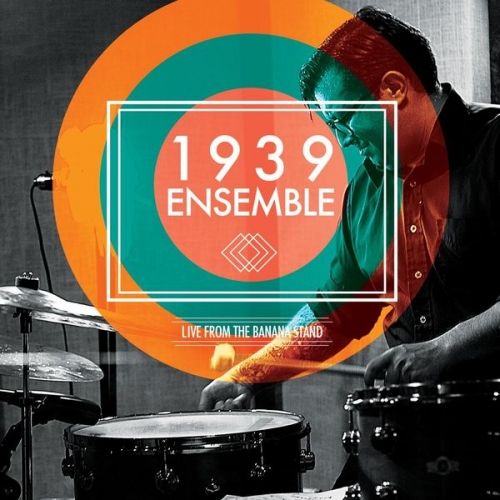

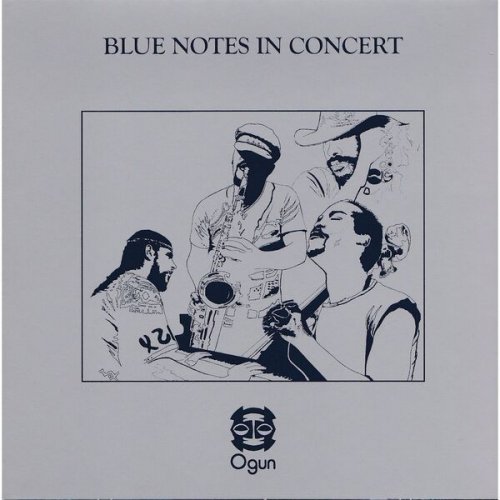
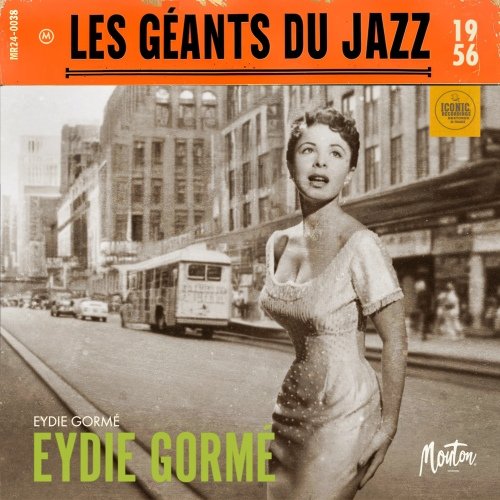
![Nathanial Young - Live Under The 7 (Live) (2026) [Hi-Res] Nathanial Young - Live Under The 7 (Live) (2026) [Hi-Res]](https://www.dibpic.com/uploads/posts/2026-01/1767514877_cover.jpg)
